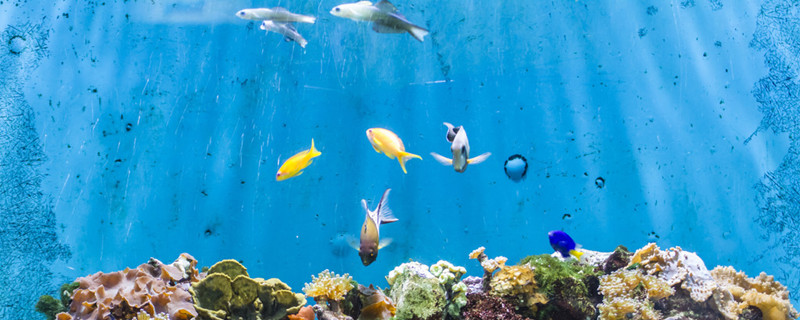
Nitrifying bacteria can be directly into the water, you can also put into the bacteria house. The main purpose of pouring nitrifying bacteria is to establish a nitrification system, although the nitrification system can be established by itself after a long time, but if the nitrifying bacteria are directly added, the time for establishing the nitrification system can be shortened, and it is still necessary for people who want to raise fish as soon as possible. In addition, as aerobic bacteria, nitrifying bacteria must pay attention to oxygenation in the process of cultivation.
1. Nitrite bacteria: Nitrite bacteria are also called ammonia oxidizing bacteria. In nitrification, they are the acting bacteria in the first stage. The purpose of this bacteria is to convert ammonia nitrogen into nitrous acid in water, although both of them will cause harm to fish, but nitrous acid can be further converted by nitrifying bacteria, thus improving water quality. It should be noted that nitrite bacteria are sensitive to light, so we must pay attention to avoiding light.
2. Nitrate bacteria: Nitrate bacteria are also called nitrite-oxidizing bacteria. They are the acting bacteria in the second stage of nitrification and can convert nitrous acid in water into nitric acid. Although nitrate is not very helpful to fish, it is at least harmless, and it can also be absorbed by plants in the water, which is a very good nitrogen fertilizer, accelerates the growth of aquatic plants and algae, and also provides oxygen and food for fish.